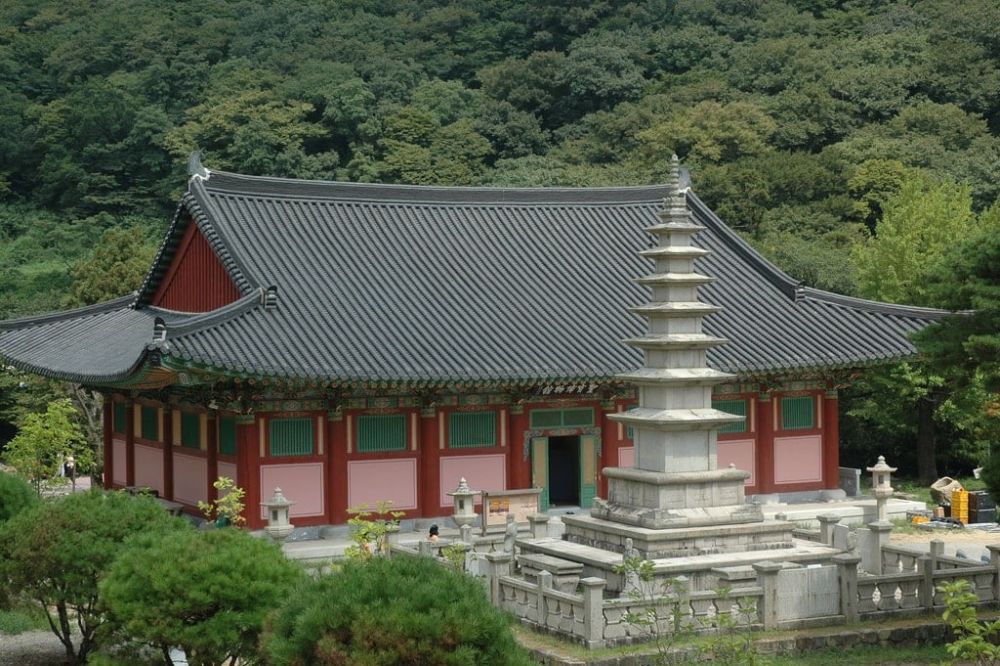

Beomeosa Temple is one of the most significant temples in South Korea, with a storied history that dates back to 678 AD during the Silla dynasty. The temple is not only a spiritual hub but also a cultural one where visitors can experience traditional Korean Buddhism. One of the unique aspects of this temple is the temple stay program, which often includes the experience of monastic meals known as 'barugongyang'. This dining practice is deeply connected to the Buddhist philosophy of mindfulness and minimal waste.
The food served here is vegetarian, in accordance with Buddhist teachings that advocate for non-violence and respect for all living creatures. The ingredients used are simple, emphasizing the importance of natural flavors and the concept of 'balwoo gongyang', which translates to the act of eating as a form of practice. Meals are prepared without strong seasonings and often feature local and seasonal vegetables, demonstrating the temple's self-sufficiency and harmony with nature.
Address: 30, Sangyeokdong-gil, Geumjeong-gu, Busan
Famous Food: Vegetable Kkalguksu (handmade knife-cut noodle soup) - Vegetarian
Address: 139-3, Oncheonjang-ro, Dongnae-gu, Busan
Famous Food: Sundubu-jjigae (soft tofu stew) - Vegetarian options available
Address: Near Beomeosa Temple entrance
Famous Food: Mountain Vegetable Set Menu (Sansanchae) - Vegetarian
Address: 70, Sanseong-ro, Geumjeong-gu, Busan
Famous Food: Herbal Dishes and Teas - Vegetarian options available
Address: 105, Sanseong-ro, Geumjeong-gu, Busan
Famous Food: Pajeon (green onion pancake) - Vegetarian options available
When visiting Beomeosa Temple and the surrounding area, food lovers will find an array of vegetarian dishes that reflect the local tradition and the principles of Buddhist cuisine. Additionally, there are local restaurants that may offer vegetarian options or can adapt their dishes for those who prefer plant-based meals.